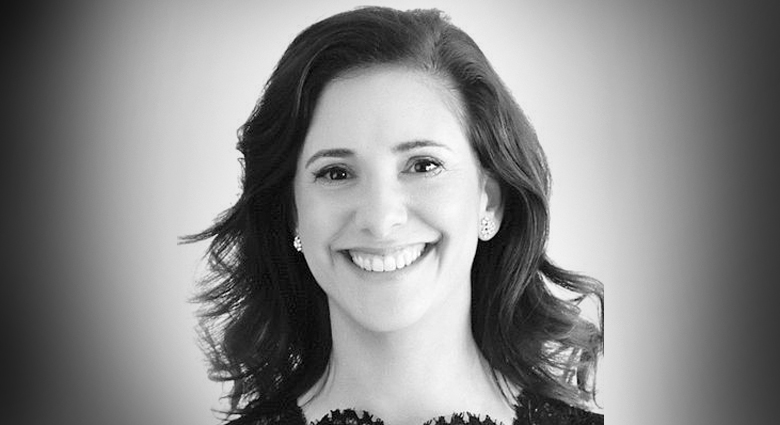Kristina walked into my office and took a seat.
“So, tell me,” I said, “what excites you about this role?”
Use your inner Thinker to move beyond superficial answers.
“I feel I’m very qualified for this job,” she said. “I majored in communications in college with a focus on conflict resolution. I did an internship at Search for Common Ground and spent two years with Teach for America. I can bring a lot to this organization.”
Yes, I thought to myself. I read your resume. So I already knew all of that.
Kristina continued for ten minutes to regale me with her experience, still not telling me what I actually wanted to know: what excited her about this role.
“Do you have any questions?” I asked her.
“Not really,” she said. “I just want to say again how excited I am, and that I think I’m a very good fit here.”
It was the first time I’d heard about excitement. Though as you know, not the first mention of what a good fit she was for the job.
I thanked her politely and called in the next person.
Use Your Big Four as a Roadmap
All of us have a range of perspectives: different ways we see the world, and voices we use to express ourselves. I write and teach about the most fundamental sides of us, a set I call The Big Four. These are central in leading wisely and living well. They’re also terrific as a guide for winning a job.
Here’s a tip on how to use each of The Big Four to your advantage.
- Use your inner Dreamer to share a professional vision about yourself in the future.
If you’re called in for an interview, there’s a good chance your interviewer has read your resume. It’s your past experience that earned you a seat across from them in this interview. Now it’s time to shift your focus from your past to your future. That’s your inner Dreamer’s specialty. Paint a picture for them of how you hope to make a difference: in your work, in your life, at their company or organization. Inspire them with your aspirations for the years to come and how working with them helps you achieve them.
- Use your inner Lover to make a personal connection.
An interview isn’t a transaction. It’s a mini-relationship. It lasts a short time, but the key to success is making real human contact with your interviewer. This is where the inner Lover excels – at building relationships. The number one reason people hire other people is because they like the idea of having them around. So reach out, and ask some questions about the person interviewing you: what do they love about the company? What excites them about their work, or gives their job meaning? Ask them to share some stories about great moments with their team. Shift from showing your interest in landing the job to letting them feel your interest in getting to know them.
- Use your inner Thinker to move beyond superficial answers.
Your interviewer is likely talking to lots of people. Many of them will say the same things, and they’re very general things: statements like “I’m so excited to work here,” or “I think my experience and my interests make me a good fit.” Answers like this don’t demonstrate your thoughtfulness, your ability to think deeply about issues, or the quality of your judgment. Your interviewer cares a lot about how you think, and your interview is a chance to show them. Your inner Thinker is designed to gather information, analyze a situation from a few angles, and generate ideas to solve problems. Shift your answers from upbeat generalities to responses that invite your interviewer to think about what you’ve said. You want the interviewer to get engaged, to join you in an interesting exchange. When the interview is over, you want them still considering some of the points you made, and wishing they had a few more minutes to explore that last topic with you.
- Use your inner Warrior to show commitment, resolve, and the discipline to get things done.
At the end of the day, your interviewer is hiring someone because they have a job that needs to get done. They need to know that you’re reliable, trustworthy, and capable of achieving results. Your inner Warrior orients toward taking action and crossing the finish line. In your interview, instead of listing job titles you’ve held, shift to giving examples of projects you’ve worked on and completed. Tell stories of how you’ve contributed to completing important tasks, or accomplishing impressive goals. Even if you’re just out of school, you can describe how you hung in there and finished your thesis, despite the temptation to give up. This gives your interviewer confidence that you have the stamina and determination to deliver when it matters. After the interview, take a small action step that goes beyond just emailing them to thank them for the meeting. Attach an article related to the discussion you had, or a link to a website that extends the conversation. This reinforces that you’re not just talk — you’re also about practical follow-up and focused completion.
To win in your next interview, use your Big Four as your guide. Remember them by their unique strengths:
The Dreamer: Possibilities
The Lover: People
The Thinker: Perspectives
The Warrior: Performance
image courtesy of reuters.com
Use your inner Warrior to show commitment, resolve, and the discipline to get things done.




.png)




What Did You Think?